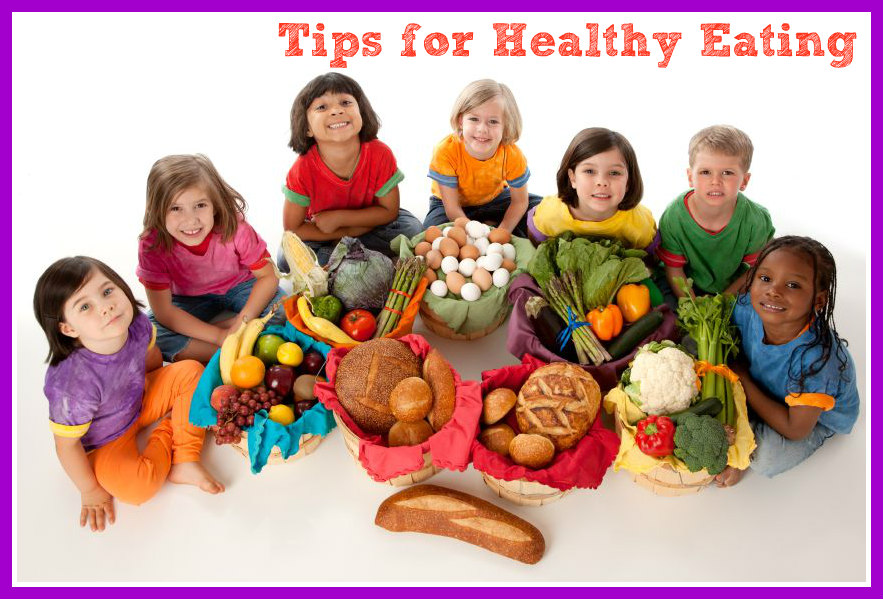
First, reduce the amount fat in your diet. This is a key step towards cholesterol control. In order to do this, you need to eat more unsaturated oils. These are found in vegetable oil, nuts, seeds, and oily fish. Avoid trans fats and saturated oil, which can be found on many processed foods, milk products, and meats. Also, increase fiber intake to lower cholesterol. Soluble fiber is a healthy carbohydrate that can help you lose weight.
A high-fiber, low-cholesterol diet is a great way of lowering your cholesterol. You should limit your intake of fat to at least 30%. You should limit saturated fat to eight to ten percent of your daily intake. Your total cholesterol intake should be kept below 300 mg per day. Some foods, like fish and nuts, can contain dietary cholesterol. If you are a vegetarian, Omega-3 fatty acid can be obtained from flaxseeds, walnuts and green leafy veggies.

Increasing the amount of monosaturated fat in your diet is an effective way to lower your cholesterol. Omega-3 fatty acid found in fish is particularly good for your heart. It can be found in many foods including avocado and nuts. Additionally to limiting saturated fats you should consume more fish oils and decrease your intake of sugary beverages. You can lower cholesterol even if your risk is low.
If you are unable or unwilling to exercise, medication may be an option. There are many medications that can lower your cholesterol. Statins, which are a group of drugs that lower cholesterol, are the most commonly used. They can be taken orally. Before taking any new medication, or using over-the–counter treatments, you should consult your doctor. Remember that the goal is to lower your total cholesterol. The higher your cholesterol levels, the more you exercise.
Statins can be used in conjunction with eating foods high in plant-sterols. These are natural compounds found in plants and are similar to cholesterol. These substances prevent cholesterol from being absorbed and lower the risk for heart disease. These compounds are becoming more common in foods and beverages. They may help improve your cholesterol levels and improve your health. These naturally occurring substances can help reduce your cholesterol. There are many plant sterols.

Changes in diet can help lower cholesterol for most people. Avoid cheeseburgers if you like them. Eat more fruits, vegetables, and less meat. Although there isn't any scientific evidence to support garlic's ability to lower cholesterol levels, it can help you shed weight. Reduce saturated fat is another way to lower cholesterol. Reduce the amount of animal fats you eat. Some research suggests that eating more fruits or vegetables may lower cholesterol. A healthy diet is a great way to lose weight.
FAQ
How quickly can I transform the body of my child?
Change your mindset is the first step. You have to be willing to change.
Once you have decided that you want to change, then you need to commit yourself to work on your fitness goals for at least 3 months.
You will then need to choose a program that is compatible with your lifestyle.
It is important to have realistic expectations. You shouldn't waste money on a gym membership that doesn't allow you to put in the effort and time required to reach your goals.
Instead, exercise outdoors in your own time.
Walking around the block for an hour per day will help you lose 1 lb in a week.
Once you have a plan, you can start to organize your life according to this plan.
You should make sure you set aside time each morning to exercise and that you take breaks throughout your day to move.
It is important to reward yourself when you reach milestones. You might be able to buy clothes and accessories that reflect your accomplishments.
Is it true, that too much protein can cause kidney stones?
Protein is important for maintaining healthy bones and tissue. But consuming too much protein can lead to calcium excretion through urine. In turn, this can result in kidney stones.
It's important to note that not everyone gets kidney stones after eating more than 2 grams of protein per kilogram (2.2 pounds) of body weight. High amounts of protein can be consumed by some people without causing kidney stones.
Watching your sodium intake can help prevent kidney stones. Sodium is important for maintaining the body's water balance. Too much sodium can cause kidney stones.
You can also try reducing your protein intake if you get kidney stones. The majority of adults need protein for half their daily caloric needs. A reduction in protein intake will likely result in weight loss.
If you do decide to eat more protein, don't go overboard. You should aim to consume less than 20% of your total calories from protein.
Which dietary supplements are good for weight loss.
You need to exercise and diet in order lose weight. Some people find that certain supplements are helpful.
Studies have shown that omega-3 fatty acid may be beneficial in weight loss. Omega-3 fatty acids are essential fats that are vital for brain function, cell membrane integrity, and other functions. These fats are found in seafood such as salmon, tuna and shrimp.
Research suggests that green tea may be beneficial in weight loss. Green tea is rich in catechins, antioxidants which may boost metabolism and aid weight loss.
Statistics
- An estimated calorie range for moderately active adult males falls between 2,200 to 2,800 calories per day, depending on age. (eatright.org)
- Candidates and applicants must pass all four tests at 70% (minimum level) to graduate from Basic Deputy U.S. Marshal (BDUSM) Training. (usmarshals.gov)
- According to the American Heart Association, blood pressure should be checked at least once every two years, beginning at age 20. (my.clevelandclinic.org)
- According to the American Academy of Dermatology (AAD), men over 50 are at a heightened risk of developing it. (healthline.com)
- Cardmembers earn 5% Back at Amazon.com with a Prime Credit Card. (amazon.com)
External Links
How To
How do I lose fat by exercising?
Exercise reduces calories by increasing metabolism, and oxygen consumption.
Exercise at a moderate intensity to safely lose weight.
These are some tips to help you lose fat while working out:
-
Cardio exercises include swimming, running or cycling.
-
Exercise for 30 minutes three times per week.
-
If you want to lose more weight, add strength training to your routine.
-
Avoid intense workouts. You can build muscle without breaking down muscle tissue.
-
Hydrate well during exercise. Water is essential for flushing out toxins and keeping your body hydrated.
-
After exercising, consume low-fat protein smoothies. Protein shakes help repair muscles and boosts energy.
-
You can eat smaller meals throughout the day so that you don't feel hungry in between meals.
-
Don't skip breakfast! Skipping breakfast can make you tired and sluggish.
-
Take care of yourself mentally. Stressful situations can slow metabolism.
-
Keep a positive attitude. Studies have shown that people who are convinced they are overweight gain more weight than those who feel they look attractive.
-
Get enough rest. Insufficient sleep can make it more difficult to lose weight.
-
Always be active. Get up every hour and get moving.
-
Maintain a healthy diet. A healthy diet will help you feel fuller for longer.
-
Find ways to relax. An anxious mind won't allow your body release stress hormones, which can lead to the destruction of muscle tissue.
A balanced diet contains all necessary nutrients for growth and development.
Eat six small meals each day instead of three large ones. This gives your body the time it needs to process what you've eat.
For strong bones, we need 500 mgs of calcium daily. Calcium can be found as a dairy product such as milk, yogurt and fortified soy drinks, orange juices, cereals, breads, and cereals.
Calcium can be found in leafy green veggies, beans, tofu and nuts as well as seeds, nuts and cheese.
Vitamin D is required by the body to absorb calcium. It's found in fatty fish, egg yolk, and some fortified foods.
Vitamin E is vital for your skin's health. Vitamin E can be found in vegetable oils as well as wheat germ oil, peanuts and almonds.
Your body requires zinc for normal immune function and wound healing. Zinc can be found as a mineral in oysters.
Zinc deficiencies can lead to fatigue, decreased appetite, depression, and reduced immunity.
Insulin resistance is caused by eating too much sugar, which can increase blood glucose levels. Insulin resistance causes weight gain.
When there is a high level of free radicals, insulin resistance can develop. Free radicals are molecules containing unpaired electrons which cause damage to cells membranes.
The main sources of free radicals are food additives.
Free radical damage may lead to cancer, heart disease diabetes, arthritis, asthma and other conditions.
Eating a well-balanced diet with antioxidants is the best way to prevent free radical damage. Antioxidants protect against oxidative damage.
Vitamin C is found in citrus fruits and beta carotene is found in carrots.
Additional antioxidant nutrients include selenium and copper, manganese and zinc.
Selenium helps protect cells from oxidative damage caused by free radicals. Selenium is found in Brazil nuts, tuna, liver, kidney, shrimp, cod, turkey, beef, lamb, pork, and chicken.
Copper protects your eyes, brain, eyes and red blood cell. Copper can be found in shellfish and poultry as well as meat and organ meats.
Manganese forms an essential part of bone structure. Manganese is found as a component of bone structure in brown rice (spinach, bananas), prunes, raisins and oatmeal.
Zinc is necessary for average growth, reproduction, and wound healing. Zn is found in lean cuts of meat, white fish, poultry, and eggs.